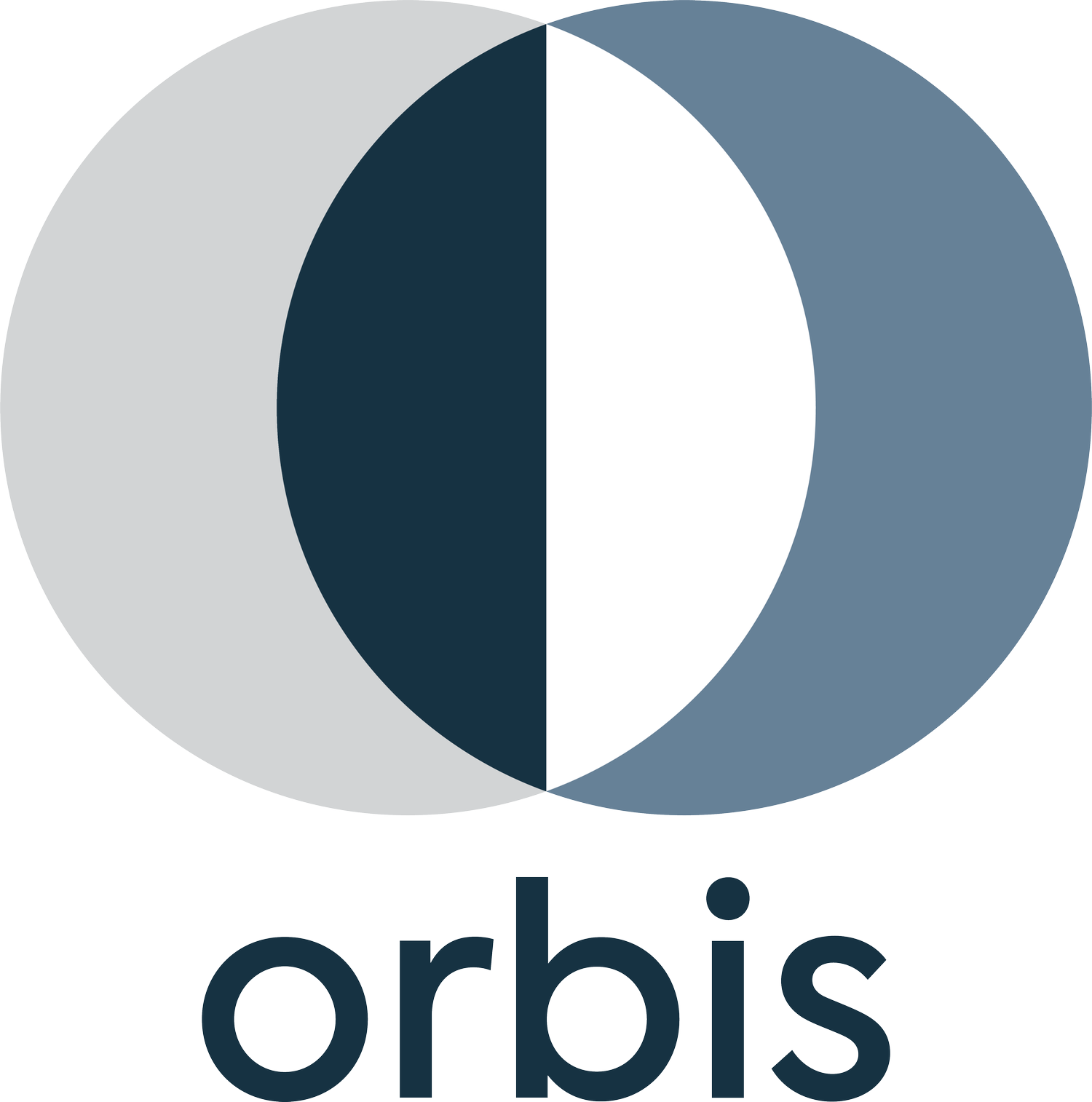Compliance & Risk
Legislation is continuously evolving, and our team of experts have a thorough understanding of current legislation that applies to your organisation and how to future-proof you against impending legislative changes.
We offer the the following services:
-
The Energy Savings Opportunity Scheme (ESOS) is a mandatory energy assessment scheme that applies to large UK undertakings and their corporate groups. For the qualification date for the third compliance period (31 December 2022), a large UK undertaking refers to any UK company that employs 250 or more people or has an annual turnover of more than £44 million, and an annual balance sheet total exceeding £38 million.
Orbis Advisory has supported clients in Phase 2 and are assisting a number on Phase 3, making the process as seamless as possible from beginning to end.
-
Orbis Advisory has a strong understanding of the Minimum Energy Efficency Standards (MEES) and is able to create risk registers for commercial real estate investors, and action plans to ensure compliance is met and the portfolio and assets are on track to meet UK Government ambitions. We keep up to date with the latest changes to this government legislation and can support clients to exclude assets that do not fall under the regulation.
-
Streamlined Energy and Carbon Reporting (SECR) is a new UK regulation for large businesses to publicly report on energy use, carbon emissions, and energy efficiency measures. It came into force in April 2019, replacing the CRC Energy Efficiency scheme, with the cost element of the scheme falling under the Climate Change Levy.
Orbis Advisory supports businesses in understanding which entities within their business fall under this legislation and provides a full data collection and reporting service to ensure all compliance needs are met.
-
For many companies, TCFD is a compliance requirement that focuses on providing information on climate-related risks and opportunities organisations should disclose. The aim is to support companies in reporting information that financial markets desire and aid investors, lenders, and insurance underwriters in comprehending material risk.
Orbis Advisory can identify which aspects of the disclosures you must report on and when, based around the following four key themes:
- Governance
- Strategy
- Risk Management
- Metrics & Targets
Orbis Advisory support with all aspects of TCFD, including scenario analysis, and is also constantly informed on the latest changes and jurisdictions' adoption of IFRS S2 and how organisations can move to this new reporting.
-
The Taskforce on Nature-related Financial Disclosures (TNFD) was published in September of 2023 to provide a comprehensive framework for businesses to assess nature-related concerns and opportunities tied to their operations and portfolios. The framework draws on the principles of the TCFD to ensure a consistent and integrated approach to sustainability reporting.
The TNFD recognises that over half of the world's total GDP is intricately tied to nature and its services, underscoring the imperative for organisations to integrate nature-related risks into their business decisions.
Targeted at a broad range of market organisations, including investors, financial institutions, and corporations, the TNFD framework is particularly relevant for sectors with higher exposure to natural hazards, such as agriculture, food and beverages, tourism, hospitality, construction, and insurance.
The framework offers numerous benefits, including:
- Building resilience and long-term value,
- Preparing for regulatory demands and stakeholder expectations,
- Ensuring credibility while guarding against greenwashing.
-
The Sustainable Finance Disclosure Regulation (SFDR) imposes mandatory ESG disclosure obligations for asset managers and other financial markets participants. It was introduced by the European Commission as part of a package of legislative measures arising from the European Commission’s Action Plan on Sustainable Finance.
The SFDR requires asset managers to provide prescriptive and standardised disclosures on how ESG factors are integrated at both an entity and product level. Orbis Advisory supports asset managers in aligning with SFDR requirements through roadmaps and implementation, including the creation of Article 8 and 9 funds. Note that we engage partner corporate lawyers to review all materials given the strong legislative nature of the above.
-
The EU Taxonomy is a classification system that provides common rules to define what counts as a sustainable economic activity. According to the European Commission, it serves as a tool to guide investors, companies, issuers, and project promoters in transitioning toward a low-carbon, resilient, and resource-efficient economy.
The EU Taxonomy outlines six environmental objectives. To be deemed taxonomy-aligned, activities must meet metrics that show they make a substantive contribution to one of these objectives and do no significant harm to the remaining five.
At Orbis Advisory we can assist in calculating the percentage of a company’s alignment across Turnover, CapEx and OpEx, along with ensuring appropriate reporting of results. We support with roadmaps and implementation.
-
The Corporate Sustainability Reporting Directive (CSRD) was formed to expand on the existing Non-Financial Reporting Directive (NFRD) framework while mitigating its inadequacies.
This expansion broadens the scope of the NFRD and is poised to encompass nearly 50,000 companies, constituting 75% of the EU's total turnover.
The CSRD will begin a phased implementation in 2024 with the first wave affecting companies with an average of 500 employees. Orbis Advisory have assisted several companies to comply with this legislation and communicate value to the board.
-
The U.S. Securities and Exchange Commission (SEC) Climate Disclosure Rule will mandate companies, whether SEC-registered domestic or foreign, to disclose crucial climate-related information in registration statements and periodic reports, including 10-K annual reports. Drawing from the Task Force on Climate-related Financial Disclosures (TCFD) framework, the ruling aims to empower companies to provide investors with consistent, comparable, and decision-useful information.
Orbis Advisory assists with preparation for all elements of the SEC’s climate disclosure proposals, including the disclosure of climate-related risks and opportunities and their material impacts on business, strategy, and outlook; reporting of emissions in line with globally recognised frameworks, and ensuring the board’s involvement in the above.
-
The CSDDD will require EU and non-EU companies to conduct environmental and human rights due diligence across their operations, subsidiaries, and value chain.
With the legislation still not live, Orbis Advisory can support organisations to prepare for this, thus future-proofing your companies to ensure future compliance is met and to avoid liability.
-
Local Law 97 (LL97) is set to be a pivotal component of New York City's Climate Mobilization Act. LL97 sets ambitious targets to reduce emissions from the city's largest buildings by 40% in 2030 and an impressive 80% in 2050. We support identifying clients that fall under this and ensure alignment to the future legislation is met.
-
Senate Bills 253 & 261, known as the Climate Accountability Package, will enforce ESG reporting requirements for large corporations by 2025.
Senate Bill 253: This bill mandates annual reporting for Scope 1 and Scope 2 emissions for companies doing business in California with annual revenues exceeding $1 billion, starting in 2026. Scope 3 reporting will commence in 2027, with reporting guidelines to be established by the State Air Resources Board by January 1, 2025.
Senate Bill 261: This bill requires companies with annual revenues exceeding $500 million to submit a biennial climate-related financial risk report, following the recommendations of the Task Force on Climate-Related Financial Disclosures.
Orbis Advisory is well-versed in assessing and reporting Scope 1 through 3 emissions and climate-related financial risk, offering comprehensive coverage of the Climate Accountability Package.
-
The Financial Conduct Authority (FCA) operates to regulate the UK's financial services industry, overseeing firms such as asset managers and independent financial advisers. In the financial services sector, navigating and adhering to FCA regulations is not just a regulatory requirement, but a strategic imperative for businesses seeking sustainable growth and consumer trust.
-
Item description
-
Item description
-
CBAM is a pivotal tool introduced by the European Union (EU) to address the challenge of 'carbon leakage'. Carbon leakage occurs when emission reduction targets within a nation lead to outsourcing to countries with less stringent climate policies. CBAM focuses on embedding a fair price for carbon emissions related to the production of carbon-intensive goods entering the EU.
Companies will need to provide comprehensive data on:
Quantities of CBAM goods imported during the quarter, specified per country of origin per production site where the goods are produced.
The embedded direct (and, if applicable, indirect) greenhouse gas emissions
(If applicable) the carbon price due in the country of origin.
For further assistance in understanding the impact of EU or UK CBAM on your business, contact Orbis Advisory.
For more information on how Orbis Advisory can help your business with Compliance & Risk, please contact us.

